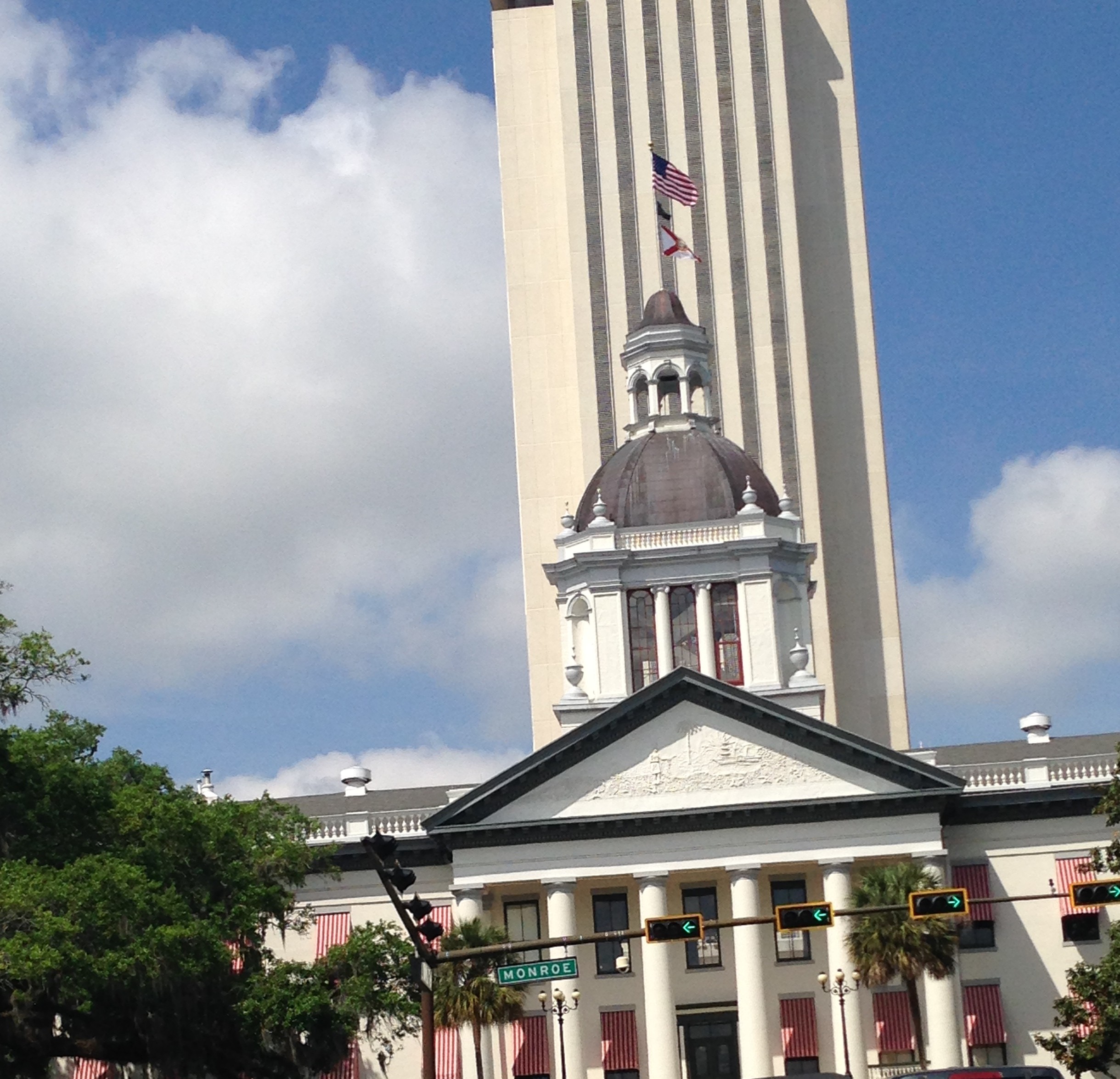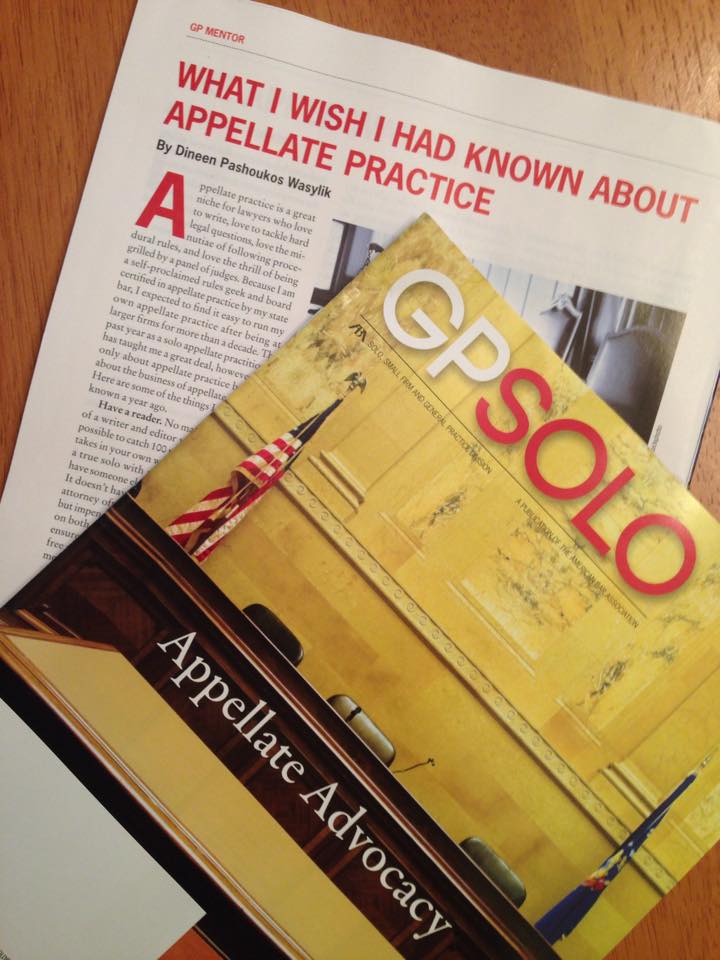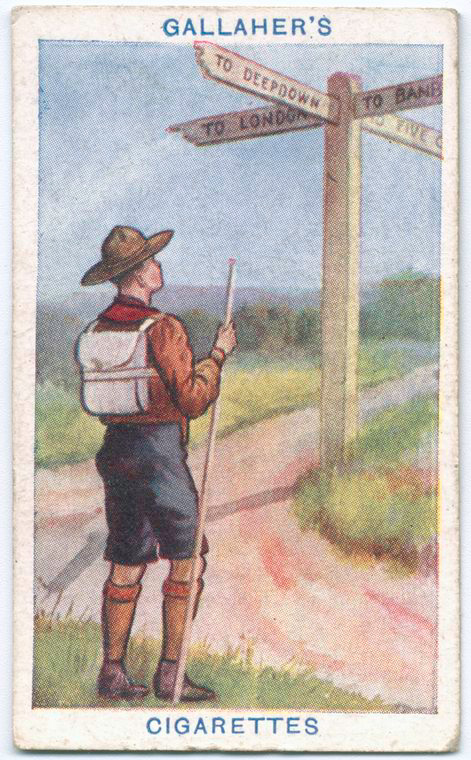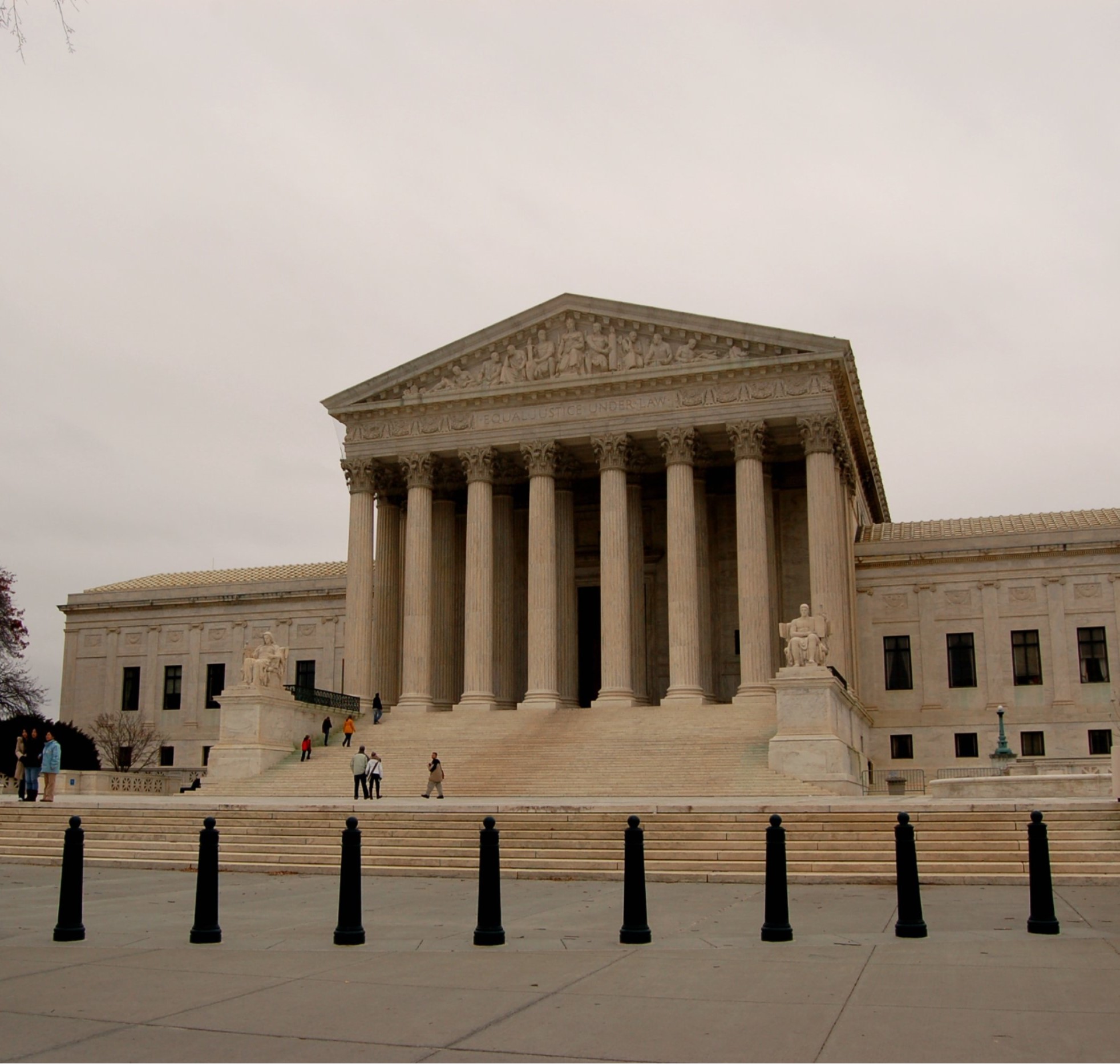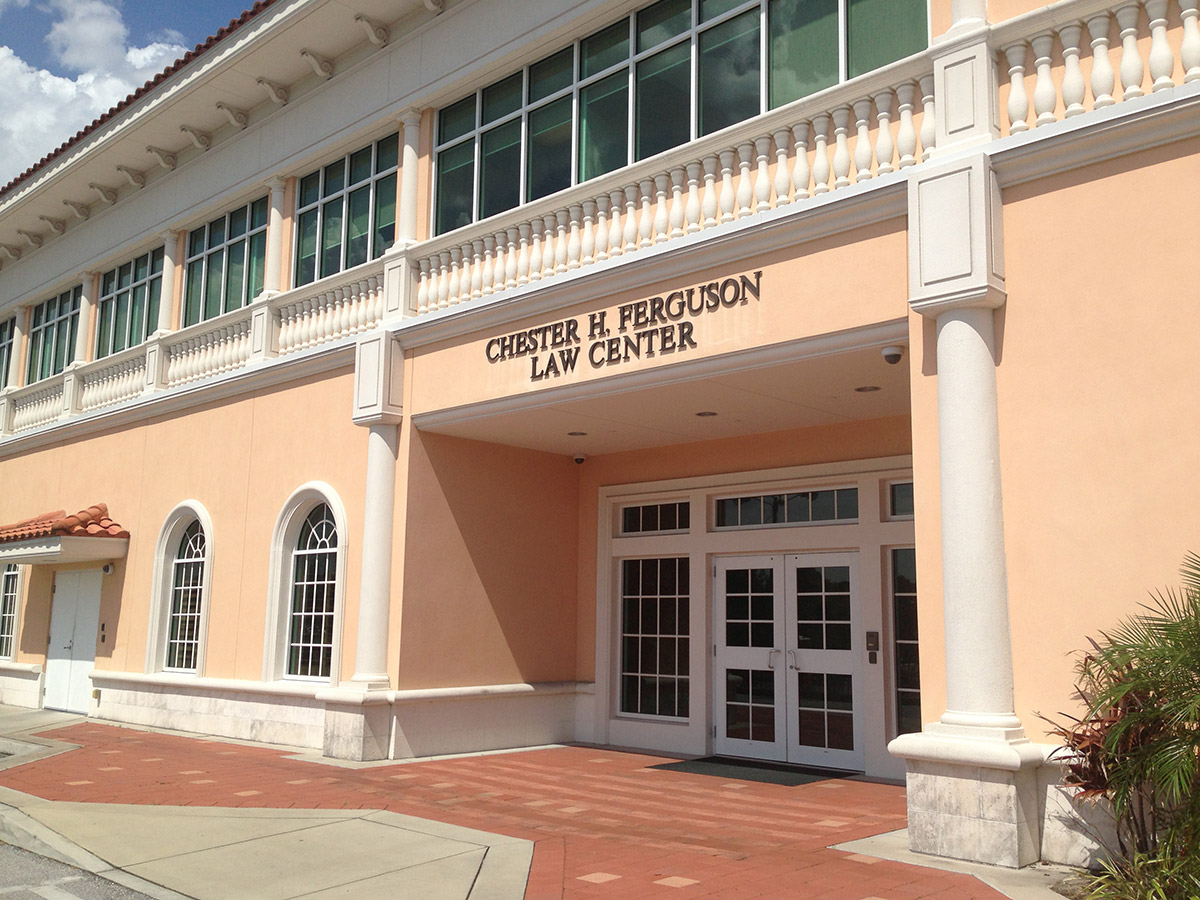Supreme Court Refuses to Hear Defendant’s Copyright Fees Claim Against Copyright Troll Malibu Media
 Malibu Media dodged a bullet and will not have to face the U.S. Supreme Court over its vexatious litigation tactics — for now. The Supreme Court yesterday denied certiorari review of the Eleventh Circuit’s decision in Malibu Media LLC v. Pelizzo, Case No. 14-11795 (11th Cir. March 26, 2015) [.pdf].
Malibu Media dodged a bullet and will not have to face the U.S. Supreme Court over its vexatious litigation tactics — for now. The Supreme Court yesterday denied certiorari review of the Eleventh Circuit’s decision in Malibu Media LLC v. Pelizzo, Case No. 14-11795 (11th Cir. March 26, 2015) [.pdf].
The case has a convoluted procedural posture, which is likely what doomed the Petition. Malibu Media sued Pelizzo for allegedly downloading porn videos with embarrassing names, based upon his ownership of a condo unit in which he did not live. Pelizzo tendered evidence that he was out of the country during the time he was alleged to have downloaded the videos, and that he did not live in the Condo, but Malibu Media continued to pursue discovery and aggressively pursue its case. Finally, after a deposition of the internet service provider revealed that it was highly unlikely Pelizzo was associated with the IP address that allegedly downloaded the materials, Malibu Media offered to drop the case, but when Pelizzo demanded payment of his attorney’s fees, Malibu Media refused to drop the case and instead served further discovery. The parties mediated fees and failed to come to agreement, and finally Malibu Media moved to dismiss the claim, with the magistrate judge determining entitlement to fees. The magistrate held, and the District Court agreed, that while Pelizzo could collect fees for vexations litigation pursuant to 28 U.S.C. § 1927 starting after Malibu Media’s counsel announced it would continue to litigate rather than pay fees, Pelizzo was not entitled to prevailing party attorney’s fees under 17 U.S.C. § 505. The Eleventh Circuit, in an unpublished opinion, agreed. The Eleventh Circuit held that the trial court did not abuse its discretion in refusing to award prevailing party fees. Applying the Fogerty factors, Fogerty v. Fantasy, Inc., 510 U.S. 517 (1994), the Court found that Malibu had acted in an “objectively reasonable manner that served the purposes of the Copyright Act: compensation and deterrence” when it filed the case. Pelizzo asked the U.S. Supreme Court to review the application of Section 505 to prevailing Defendants, challenging the 11th Circuit’s application of the Fogerty factors. See Pelizzo v. Malibu Media, Case No. 15-429. The Supreme Court, alas, declined the case.
It is certainly possible for a prevailing Defendant to receive an award of attorney’s fees — indeed, I’ve litigated and won such a claim where there was strong evidence that the plaintiff was motivated by the defendant’s deep pockets to pursue the case to trial despite a tenuous damages theory. See Thornton v J. Jargon Co., No. 8:06-cv-01640 (M.D.Fla. May 8, 2009). Given how nearly automatic prevailing party fees to copyright plaintiffs seems to be, despite the Supreme Court’s admonition in Fogerty, I agree the Supreme Court may, at some point, need to step in again to ensure that defendants are being treated equally to plaintiffs when seeking prevailing party fees, and to better define the boundaries of equitable discretion to be exercised by trial courts in determining fee claims. But for now, unfortunately, Malibu Media will continue its aggressive ways, and will likely wave the Eleventh Circuit’s decision in the face of every defendant who demands fees after having his (and it’s almost always a guy) name dragged in the mud.


